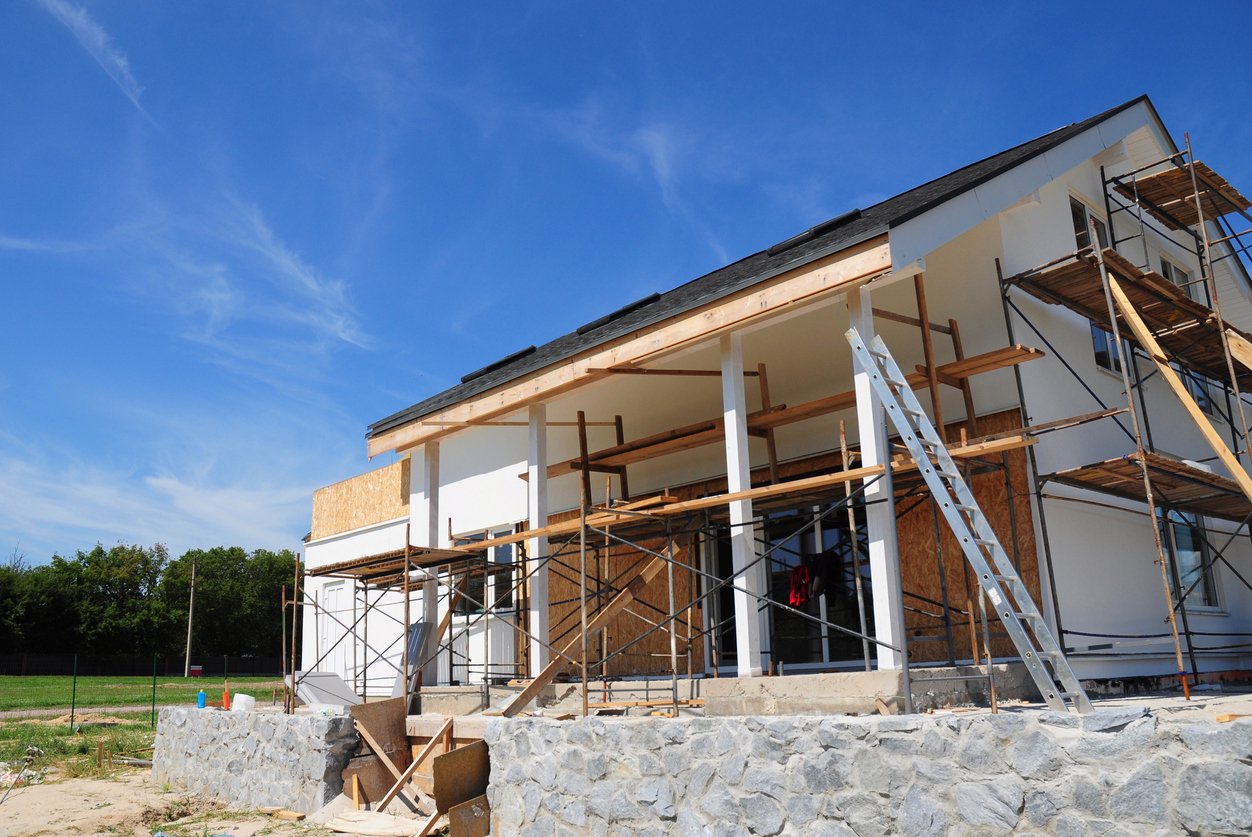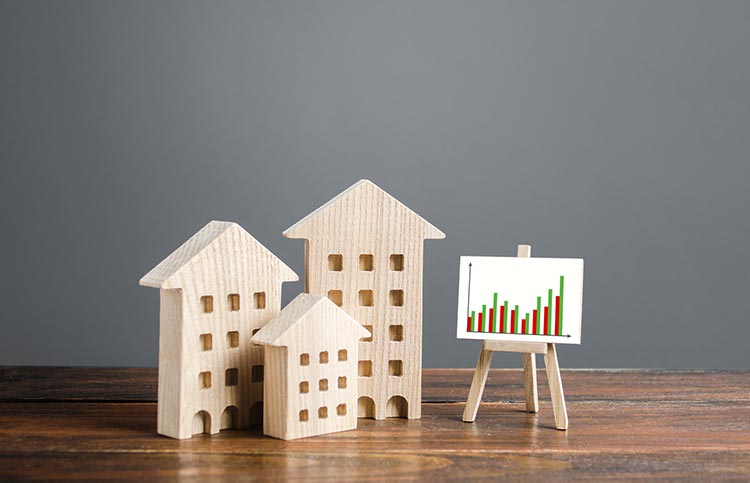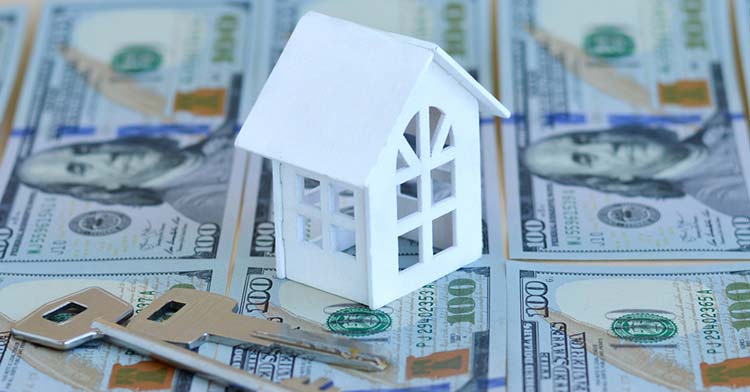Page 17 161 - 170 of 425
Can a 1031 Exchange Include Renovations?

The 1031 exchange can be useful as a real estate tax-advantage strategy. If you exchange your relinquished property for a replacement property of equal or greater value within the IRS deadlines, you could defer capital gains and depreciation recapture taxes to a future date.
1031 Improvement Exchange Rules: What You Need to Consider

A 1031 improvement exchange is like a traditional 1031 exchange with improvements added to the exchange. With a traditional 1031 exchange, investors will find a property of at least equal value to exchange. These properties are often turn-key and don’t require big improvements.
Do You Have to Recapture Depreciation in a 1031 Exchange?

Real estate investments can generate many benefits, not the least of which is property appreciation. This means that when you sell that appreciated property, you could realize a profit from that sale. One potential downside could be capital gains taxes. Another is depreciation recapture taxes.
How Long Can You Wait to Do a 1031 Exchange After the Selling of Farmland?

A successful 1031 exchange process requires strict adherence to deadlines and an understanding of regulations. One example is exchanging your relinquished property for a replacement property (or properties) of equal or greater value.
What Type of Properties Benefit from a 1031 Exchange?

As mentioned in previous blogs, the only things certain in life are death and taxes. And what’s certain is that if you sell a real estate property, you’ll have to pay, at the very least, capital gain and depreciation recapture taxes.
1031 Exchange Summary: Breaking Down the Key Components

The 1031 exchange, often referred to as a like-kind exchange, is a powerful tool in the world of real estate investing. It enables property owners to defer capital gains taxes when they sell one investment property and then reinvest the proceeds into another, similar property.
How to Set Up a 1031 Exchange

Setting up a 1031 exchange involves a series of well-defined steps to comply with the regulations set by the Internal Revenue Service (IRS). This post will dig into the details of several critical exchange components.
1031 Exchange Estate Planning: What Happens If the Owner Passes Away

Real estate investors have long used 1031 exchanges to reposition and diversify their real property holdings, potentially defer capital gains taxes, or pursue likely assets that might offer greater value and equity.
Can You Do a 1031 Exchange With a Mortgage?

It’s common that a mortgage is part of a 1031 exchange. So yes, you can complete a 1031 exchange with a mortgage. But a few things happen when you do a 1031 exchange with a mortgage, and it's important to know what those are.
Is Section 1033 Mandatory?

The downside of real estate ownership is the specter of property loss. A powerful storm could destroy your private residence, vacation home, or investment real estate. Or you could learn that your parcel of land might be subject to eminent domain seizure.
Page 17 161 - 170 of 425


